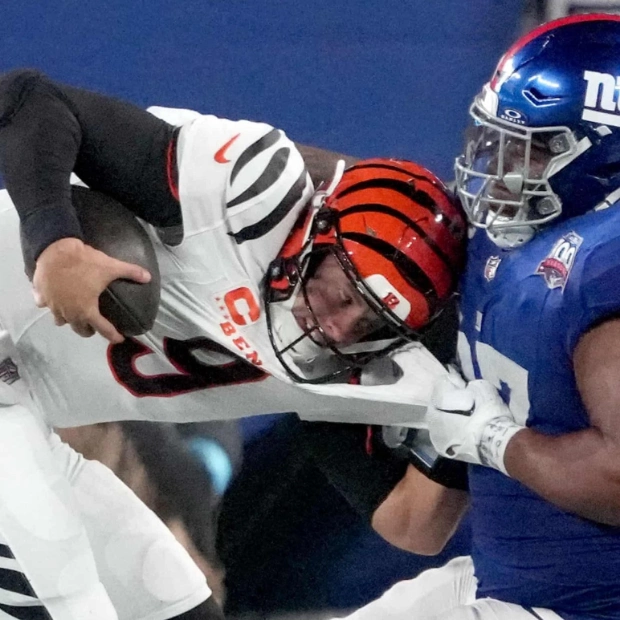Premier League clubs and officials were in a frenzy on Thursday, seeking support ahead of a pivotal vote on the competition’s rulebook. At a shareholders’ meeting in central London on Friday, clubs will be asked to approve minor adjustments to rules concerning associated party transactions (APTs), which involve clubs generating income from sources linked to their ownership. If these rules are ratified, the competition is not expected to be significantly impacted, but the implications for the ongoing dispute between the league and its perennial champion, Manchester City, could be profound.
City has publicly opposed the rule changes – having previously challenged the league’s APT rules in arbitration. The club has vigorously lobbied other clubs for support, including sending two league-wide letters from their chief legal officer, Simon Cliff, questioning the legitimacy of the league’s proposals. The league, in turn, has spent weeks negotiating with clubs, citing independent legal analysis from KC Daniel Jowell to bolster its position.
The outcome of the vote is uncertain, with its ramifications extending far beyond immediate consequences. If City manages to sway enough clubs to vote against the changes, the league’s ability to function as an effective regulator could be called into question, especially as the hearing into City’s alleged 130 breaches of the rules is nearing its conclusion. Friday’s vote requires a two-thirds majority to pass, meaning 14 clubs must vote in favor, assuming no abstentions. With City against the changes and Aston Villa calling for a delay this week, an additional five clubs would need to vote against the measures for them to be defeated.
A previous vote on APT measures, which dealt with player loans between clubs with shared ownership, was rejected a year ago. City was joined by Newcastle, Chelsea, Sheffield United, Burnley, Nottingham Forest, Everton, and Wolves in voting against. Sheffield United and Burnley were subsequently relegated, and it is understood that Wolves are likely to support the new rules this time. The proposed changes come in response to criticisms from an arbitration tribunal last month. The tribunal found that rules allowing owners to extend interest-free loans to clubs should have been classified as APT deals, and clubs were denied timely access to a database of prior deals when negotiating APT arrangements. The tribunal also criticized the timeliness of the league’s adjudications on such deals.
City has argued that the tribunal’s criticisms have weakened the league’s entire APT framework. The league maintains that the tribunal’s findings endorse its broader rules and that, with the proposed changes, they remain robust. Many clubs are growing weary of the internal conflict and the associated legal expenses.
Source link: https://www.theguardian.com






